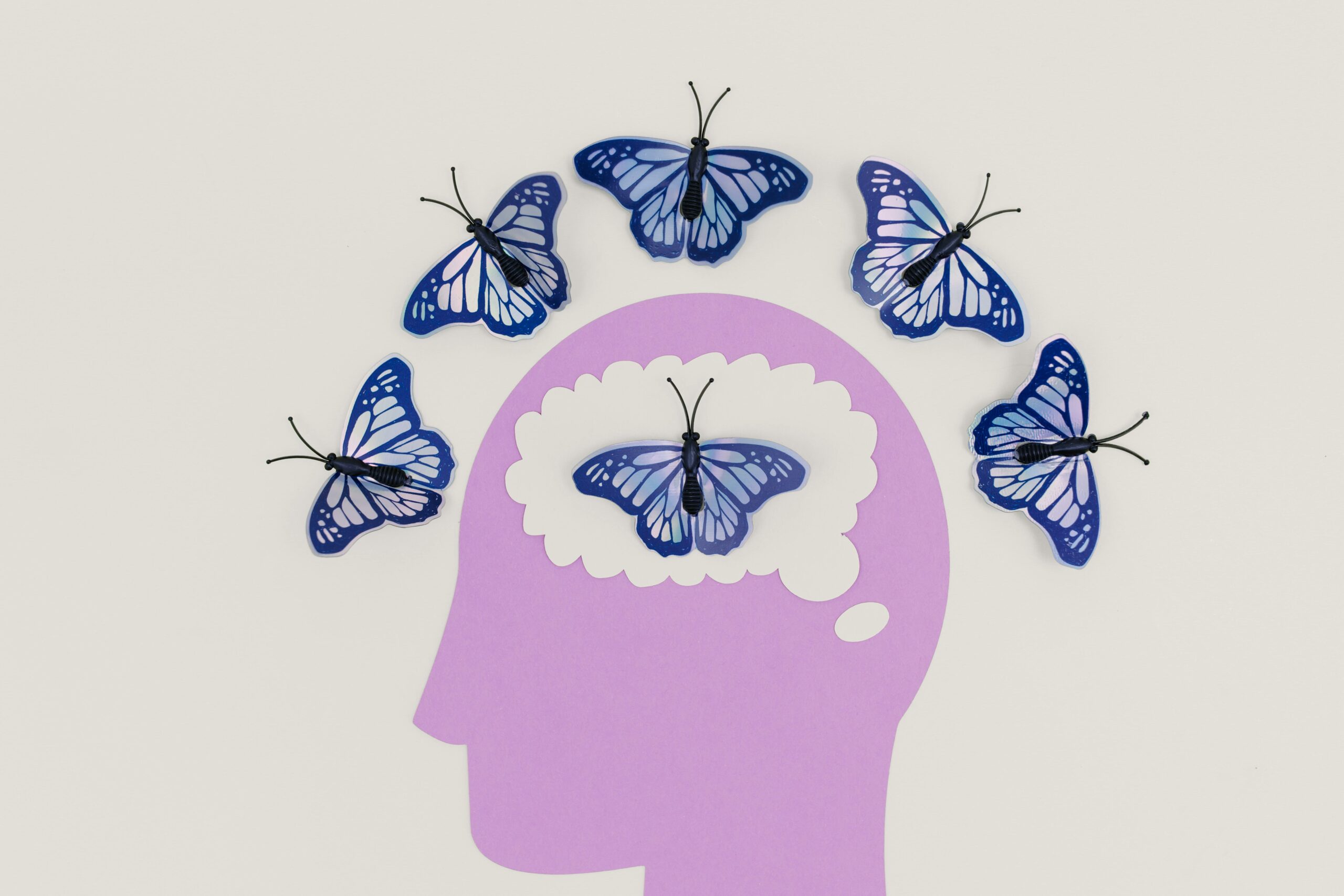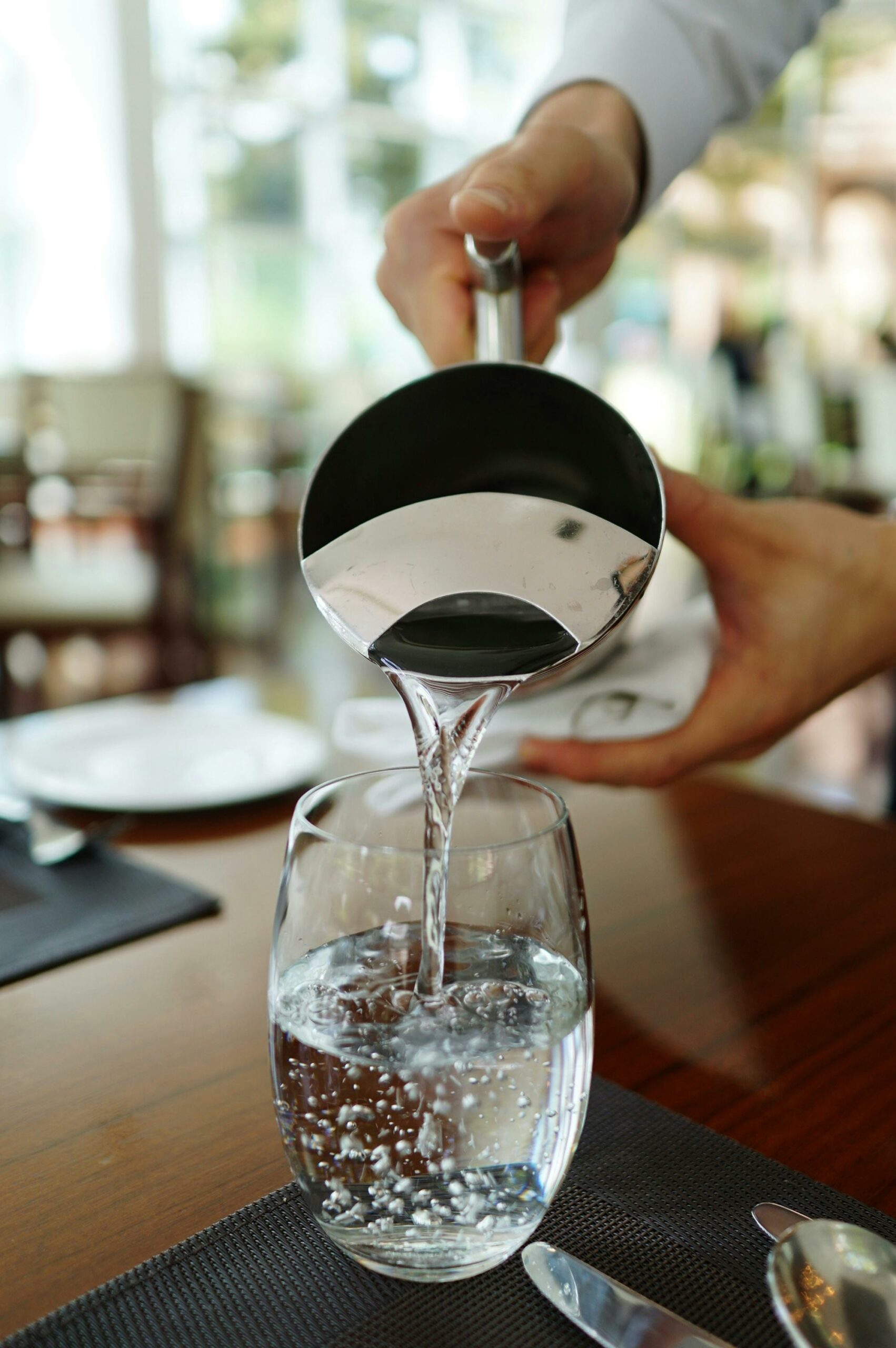The Heartbreak of Following in my Father’s Footsteps
Category: Healthy Nutrition

I was only twelve when my father had his first heart attack. He was just 42 years old. Three heart attacks later he passed away at the age of 52. Was it his lifestyle that caused this? The National Stroke Organization states that 80% of strokes are preventable. Lack of exercise, smoking, alcohol and inadequate nutrition all are a part of a lifestyle. Looking back at my father’s life, he never exercised, he smoked, was overweight, drank alcohol and loved red meat and bacon more than fruit and vegetables. I do believe my father’s lifestyle played a part.
Because your stroke risk increases if a family member (parent, grandparent, or sibling) has had a stroke or a heart attack at an early age, I have tried to eliminate from my own life my father’s lifestyle habits. However, high blood pressure became a problem for me. Medical researchers aren’t sure exactly how stress increases the risk of heart disease. Stress itself might be a risk factor, or it could be that high levels of stress make other risk factors (such as high cholesterol or high blood pressure) worse. For example, if you are under stress, your blood pressure goes up, you may overeat, you may exercise less, and you may be more likely to smoke.
Regardless, I found myself, despite all my efforts at healthy living, becoming part of the statistics. Fortunately, my blood pressure is now under control but not without being diagnosed with PAD (peripheral artery disease), a narrowing of the arteries in the”periphery” of the body. PAD is similar to coronary artery disease, in that in both cases atherosclerosis (hardening of the arteries) is usually the underlying cause. In atherosclerosis, deposits of fats, cholesterol and other substances collectively known as “plaque” build up in the arteries narrowing them and eventually blocking the flow of blood. In the coronary arteries, this can lead to a heart attack. Individuals with PAD have a much high than normal risk of heart attack and/or stroke.
I quickly learned that the risk factors that contribute to PAD are diabetes, smoking, obesity, high blood pressure, increasing age, high cholesterol, family history of heart disease, and excess levels of C-reactive protein or homocysteine. I definitely had increasing age, family history, and high blood pressure. I was heartbroken to learn that I cannot undo PAD once it is diagnosed. But I have also learned what are the best therapies recommended. Dr. Weil believes that the best treatment for peripheral artery disease is prevention and recommends the following:
- If you smoke…quit
- Control your blood pressure either through lifestyle changes or medication
- Exercise
- Limit alcohol intake.
- Manage your diabetes if you have it (keep tight control of blood sugar levels).
- Maintain optimal cholesterol levels.
- Nutrition: Follow a diet designed for those with high blood pressure, high cholesterol and heart disease: a lower sodium (less than 2000 mg/day)
Walking has become my mantra. Because poor circulation in leg arteries may cause pain while walking, the exercise is structured to enable you to alternate walking with rest so that eventually you’ll be able to walk longer before encountering pain. Each day I make sure to take my “steps”; in fact, for my birthday present coming up I plan to purchase a Fitbit so I can count each one I take.
Dr. Weil also recommends taking a high-quality multivitamin/multimineral that includes key antioxidants (vitamin C, vitamin E, mixed carotenoids, and selenium), coenzyme Q10, 2 to 3 grams of a molecularly distilled fish oil and 2000 IU of vitamin D3 ~all of these of course with a healthy diet. Go here for a great explanation on how to choose a high-quality supplemnt.
My father died before changing any of his habits. I have not followed those footsteps. Although I have been diagnosed with PAD my desire is to enjoy every moment of each day, exercise, eat sensibly and take my supplements. So far I have outlived him by 23 years and I believe I have many more productive years to come.



Facebook Comments